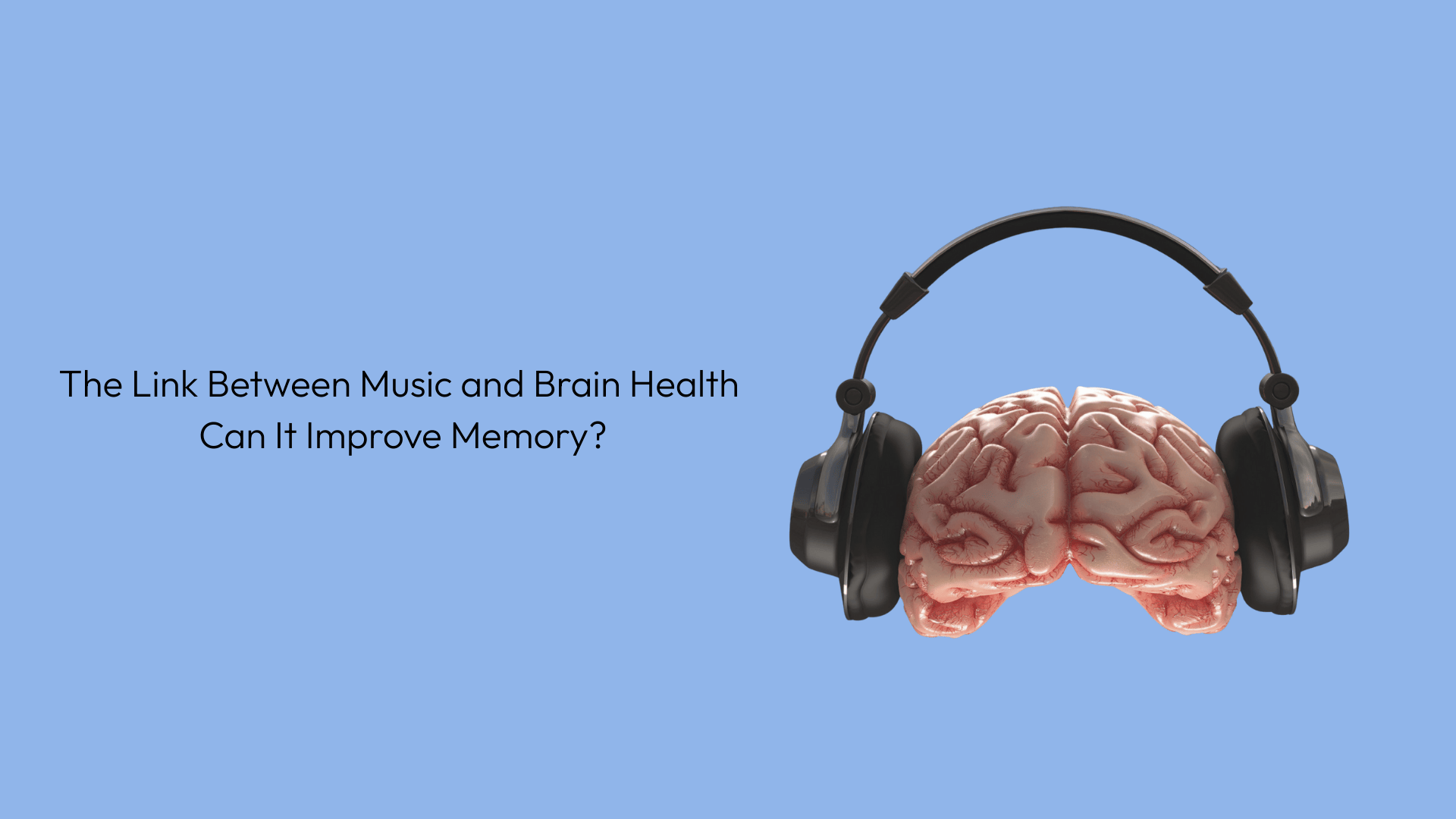Music has long been known to evoke emotions, trigger nostalgia, and enhance mood, but its effects on brain health go far beyond straightforward enjoyment. Research suggests that music can significantly affect cognitive function, memory retention, and even neuroplasticity. But how exactly does music impact the brain, and can it truly improve memory?
How Music Affects the Brain
Listening to and playing music activates multiple areas of the brain, including:
- Hippocampus – The brain’s memory center plays a key role in storing and retrieving information.
- Prefrontal Cortex – Responsible for decision-making, planning, and cognitive flexibility.
- Auditory Cortex – Processes sound and help with speech recognition and language learning.
- Cerebellum – Involved in motor control and coordination, especially for musicians.
The engagement of these different brain regions suggests that music can have powerful cognitive benefits, including memory enhancement.
Can Music Improve Memory?
1. Music and Long-Term Memory
Studies have shown that familiar songs can help people recall past experiences, a phenomenon known as the “music-evoked autobiographical memory (MEAM).” This is particularly useful in patients with Alzheimer’s and dementia, as music therapy has been found to improve the recall of personal memories.
2. Music and Learning
Certain types of music, especially classical compositions like those of Mozart and Bach, have been linked to improved concentration and better information retention. This is sometimes called the “Mozart Effect,” though its impact varies from person to person.
3. Music and Stress Reduction
Stress and anxiety can negatively affect memory and cognitive function. Music, particularly calming instrumental pieces, has been found to lower cortisol levels and promote relaxation, improving focus and memory retention.
4. Music and Brain Plasticity
Neuroplasticity, the brain’s ability to reorganize and form new connections, is essential for learning and memory. Playing an instrument or actively engaging with music has been shown to enhance neural connections, improving cognitive function over time.
The Role of Music Therapy in Cognitive Health
Music therapy is now widely used in neurological rehabilitation and cognitive enhancement. Some notable applications include:
- Alzheimer’s and Dementia Treatment – Music helps patients recall personal memories and reduces confusion.
- Stroke Recovery – Rhythmic auditory stimulation (RAS) improves motor skills and speech.
- Parkinson’s Disease – Music-based movement therapy improves coordination and mobility.
Best Types of Music for Brain Health
While different genres affect individuals in unique ways, some types of music are particularly beneficial for cognitive function:
- Classical Music – Enhances focus, problem-solving, and memory retention.
- Lo-Fi or Ambient Music – Reduces stress and improves concentration.
- Binaural Beats – Stimulates brainwave activity, promoting relaxation and mental clarity.
- Instrumental Jazz or Soft Acoustic Music – Enhances mood and reduces anxiety.
Final Thoughts
Music is more than just entertainment—it has the potential to improve memory, enhance learning, and support overall brain health. Whether you listen to calming classical pieces or engage in active music-making, incorporating music into daily life can be a powerful tool for cognitive well-being.
Would you consider using music to boost your memory and focus? Let us know your thoughts.

